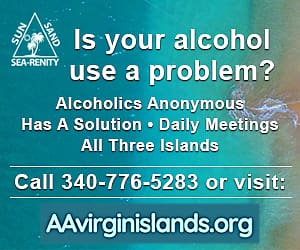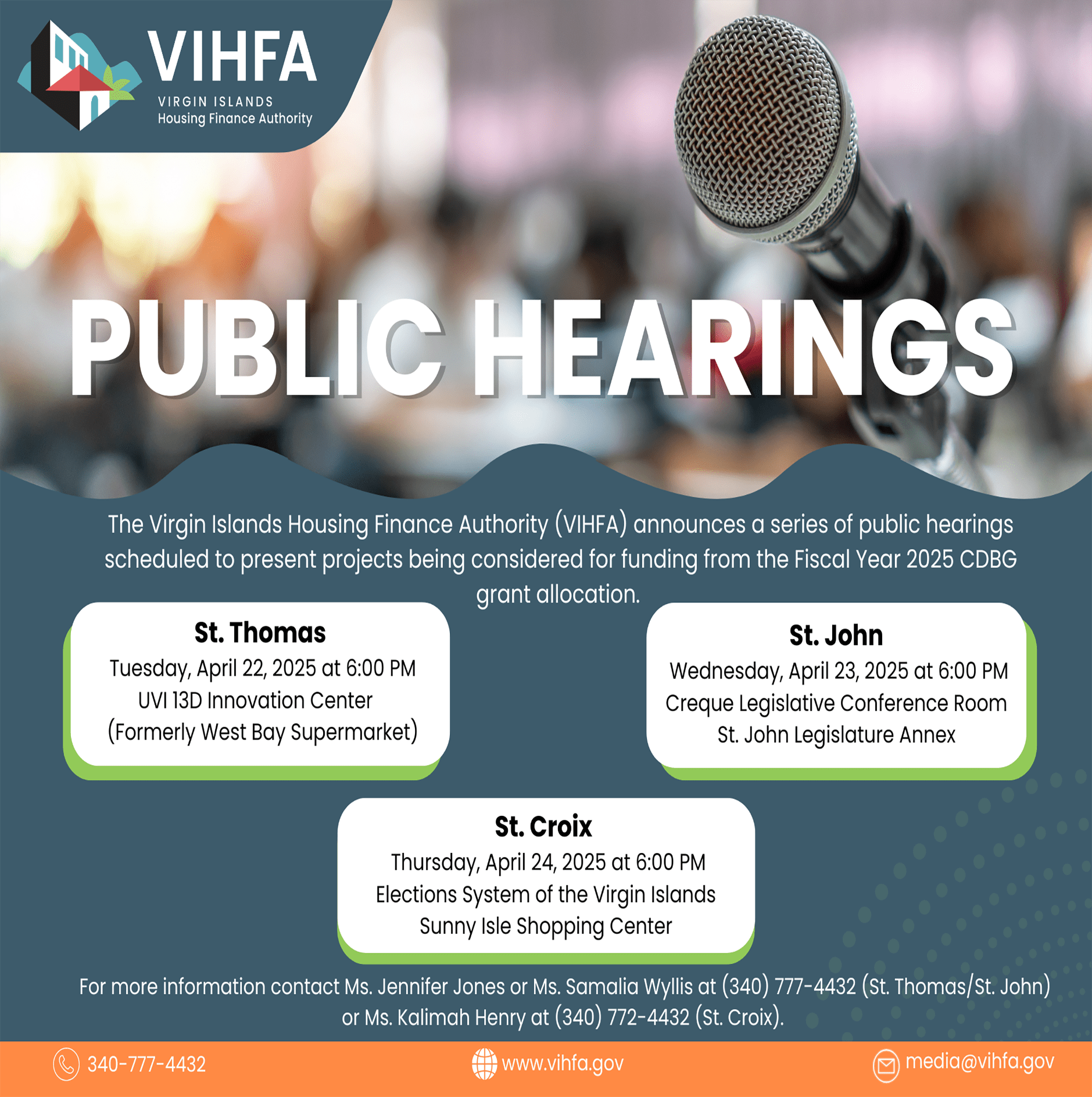
Individuals across the U.S. Virgin Islands and Puerto Rico will soon have the opportunity to participate in “Climate Resilience Training” programs being offered as part of the National Oceanic and Atmospheric Administration’s (NOAA) Climate-Ready Workforce initiative to build more climate-resilient communities.
A press release first shared last year from Horsley Witten Group (HWG), an environmental consulting firm working to help provide workforce training, provided details about the projects across Puerto Rico and the USVI.
Climate Resilience Training
“Horsley Witten Group, a full-service environmental consulting firm providing sustainable and resilient design solutions, is teamed with longtime collaborator Protectores de Cuencas Inc. (PDC) [a nonprofit climate organization located in Puerto Rico] to develop curricula and train new and existing Climate Ready Workforce Initiative personnel in Puerto Rico and the U.S. Virgin Islands for fiscal year 2024,” according to the press release. The training is now set to begin in early 2025.
“The $3.4 million grant received by PDC and Horsley Witten Group is part of the Climate Ready Workforce Initiative, a federal program which allows NOAA to invest a total of $60 million in Great Lake states, coastal states, and U.S. territories to meet the need for workforce training focused on climate resilience concepts, principles, and techniques and implementation,” the release stated.
HWG went on to explain the goals of the climate workforce education.
“HWG’s goal will be to help create an island-based, climate-ready workforce to improve community capacity to prepare for climate-driven impacts,” the HWG press release said. “Highly vulnerable to sea level rise, hurricanes, drought, and extreme heat, residents of Caribbean islands like Puerto Rico and the USVI must reduce existing threats to ecological systems and enhance their resilience against climate-created threats to infrastructure,” HWG added.
A Local Scientist’s Perspective
The Source connected with Kynoch Reale-Munroe, a scientist with HWG based in the USVI, for additional details on training programs, including the reasons why the climate resilience workforce training will benefit the local islands.

“I am a scientist with Horsley Witten and have lived in the VI for over 15 years studying marine ecosystems, conducting sedimentation studies, and sampling water quality,” Reale-Munroe explained. “I will be the project manager for our portion of the project, collaborating with PDC on the overall grant, [and] we will be identifying workforce skills needed to improve our local capacity to better plan for and respond to coastal hazards, droughts, and hurricanes,” she said.

Kynoch Real-Munroe discussed the goals of workforce training. “HWG will solicit input from local agencies, nonprofits, and the community to identify the territory’s training needs and develop new programs for workers,” Reale-Munroe stated. “These trainings will focus on building an island-based, climate-ready workforce to tackle climate-driven impact,” she said. “Depending on the needs identified by the community, potential topics include designing and maintaining nature-based solutions like mangrove restoration, green stormwater infrastructure, flood and coastal hazard mitigation, erosion prevention, urban forestry, and spatial analysis data and tools,” she continued.

“[Our team] will be leveraging existing partnerships and funding sources to develop a training curriculum for public and private sector jobs and to support workers gaining the professional certifications they need,” Reale-Munroe said. “By working closely with local communities and organizations, we hope to help build a knowledgeable and prepared workforce for the future,” she explained. “We will be targeting people/agencies in the workforce, specifically people working in ways that address climate resilience in the territory,” she added.
Potential Benefits for the Local Islands
Caribbean islands and residents who live on them are highly vulnerable to climate-related disasters and impacts caused by climate change. Reale-Munroe provided insight into how a more climate-resilient workforce can improve the quality of life for individuals across the USVI and Puerto Rico, particularly in the face of a disaster.
“Puerto Rico and the USVI face significant challenges, including heightened risks to livelihoods, homes, and infrastructure due to extreme heat, rising sea levels, and increased storm frequency and intensity,” Reale-Munroe explained. “HWG will collaborate closely with PDC to enhance and synchronize training that addresses these shared impacts across both territories,” Reale-Munroe said. “This strategic partnership will maximize resources and improve access to essential training programs in the U.S. Caribbean jurisdictions,” she added.
“We are getting ready to reach out to the community to learn more from local agencies, nonprofits, and the community about what specific skill sets are most needed in the USVI [and Puerto Rico],” Reale-Munroe said. “We are beginning together and hoping to engage the community in late February [or] early March. Please be on the lookout for how to get involved and contribute to building a climate-ready workforce.”
Excitement About a Climate-Resilient Future
Reale-Munroe shared her enthusiasm for the climate training program.
“I’m most excited about the opportunity to empower Virgin Islanders with the skills and knowledge needed to thrive in a changing climate,” Reale-Munroe declared. “This initiative will not only prepare individuals to address immediate environmental challenges but also foster a culture of sustainability within the community,” Reale-Munroe noted.
“Ultimately, I hope this training will help Virgin Islanders build a more resilient USVI by equipping them to implement effective, nature-based solutions, enhance infrastructure, and protect their homes and livelihoods from the impacts of a changing climate,” she said.
Continuing to Build Climate Resiliency Across the USVI
In addition to the climate training project as part of NOAA’s Climate Ready Workforce Initiative, the recent approval of the Comprehensive Land and Water Use Plan for the USVI also paves the way for additional benefits for building a more climate-resilient community across the islands. The plan, which the Source described in a previous article as “the territory’s guiding document for the future of development in the U.S. Virgin Islands,” was approved and adopted by the 35th Legislature in December 2024.

“Drafted in collaboration with the Department of Planning and Natural Resources (DPNR), the plan provides a framework for sustainable development in the U.S. territory while prioritizing environmental preservation, resilience to climate change, and community equity,” HWG explained in a press release on January 21.
“The plan, the first of its kind to be adopted by the USVI Legislature after decades of analysis and discussion, outlines recommendations for regulatory reform, housing affordability, and investment in critical infrastructure,” HWG said. “It emphasizes strengthening the connection between environmental sustainability and economic development, including sustainable tourism, cultural and historical preservation, and local agriculture.”
Reale-Munroe invited individuals with any questions to contact her for additional information by emailing kreale@horsleywitten.com.














